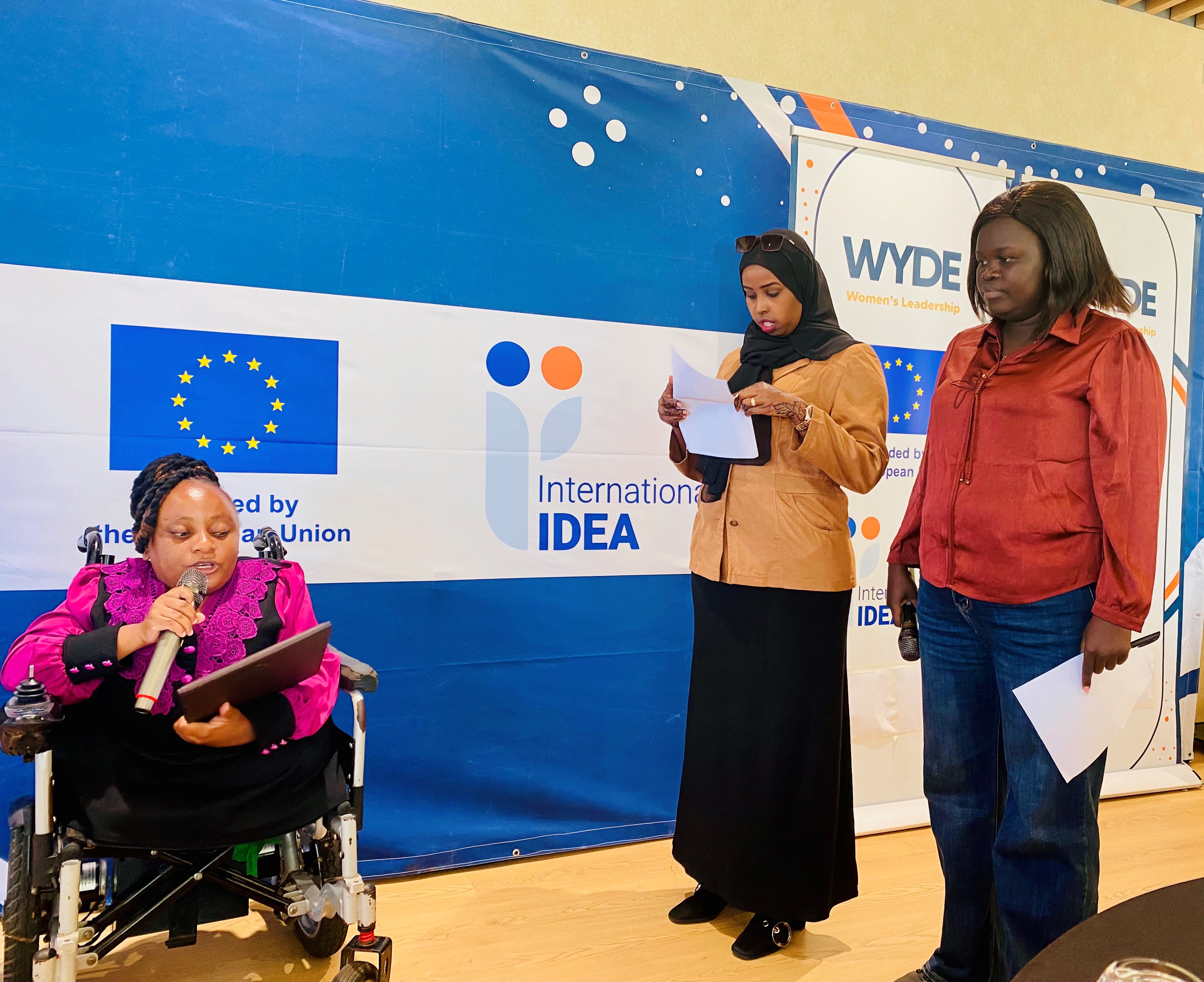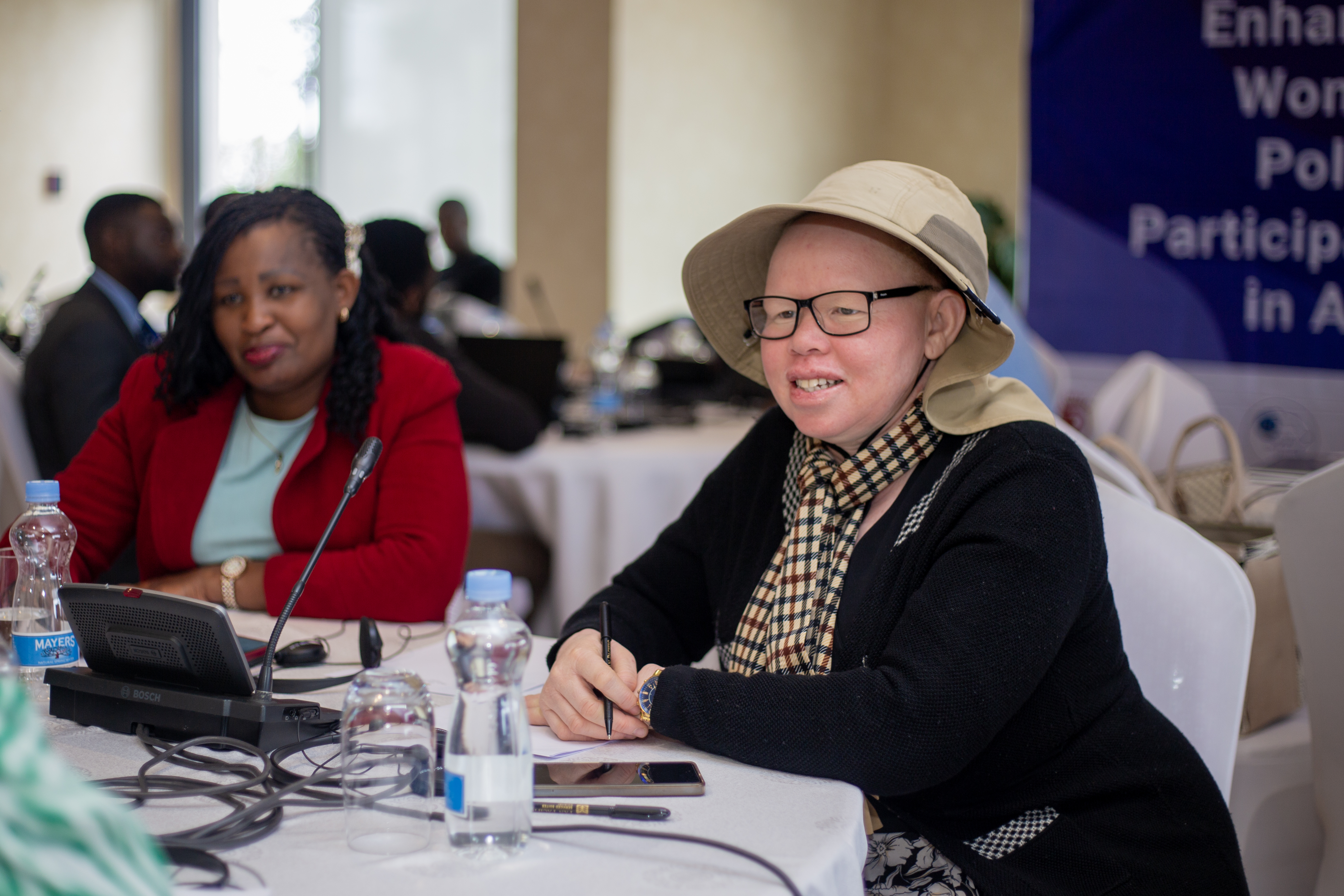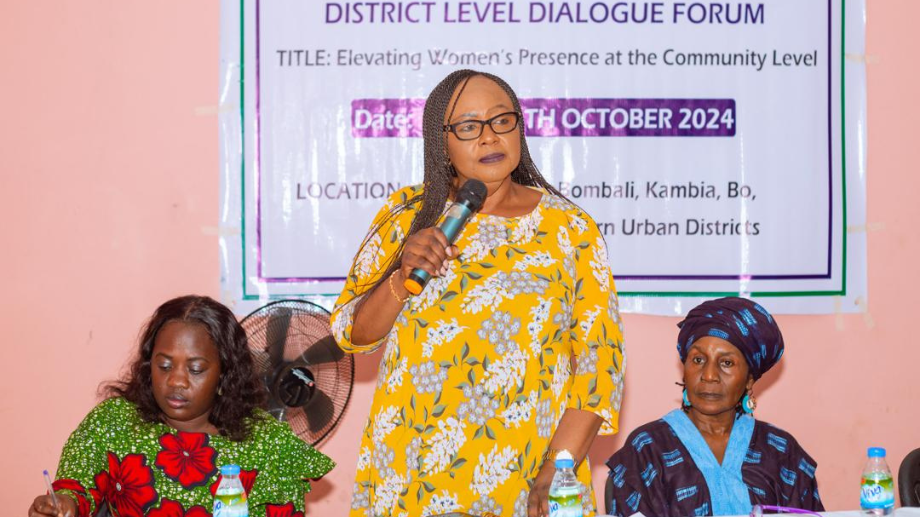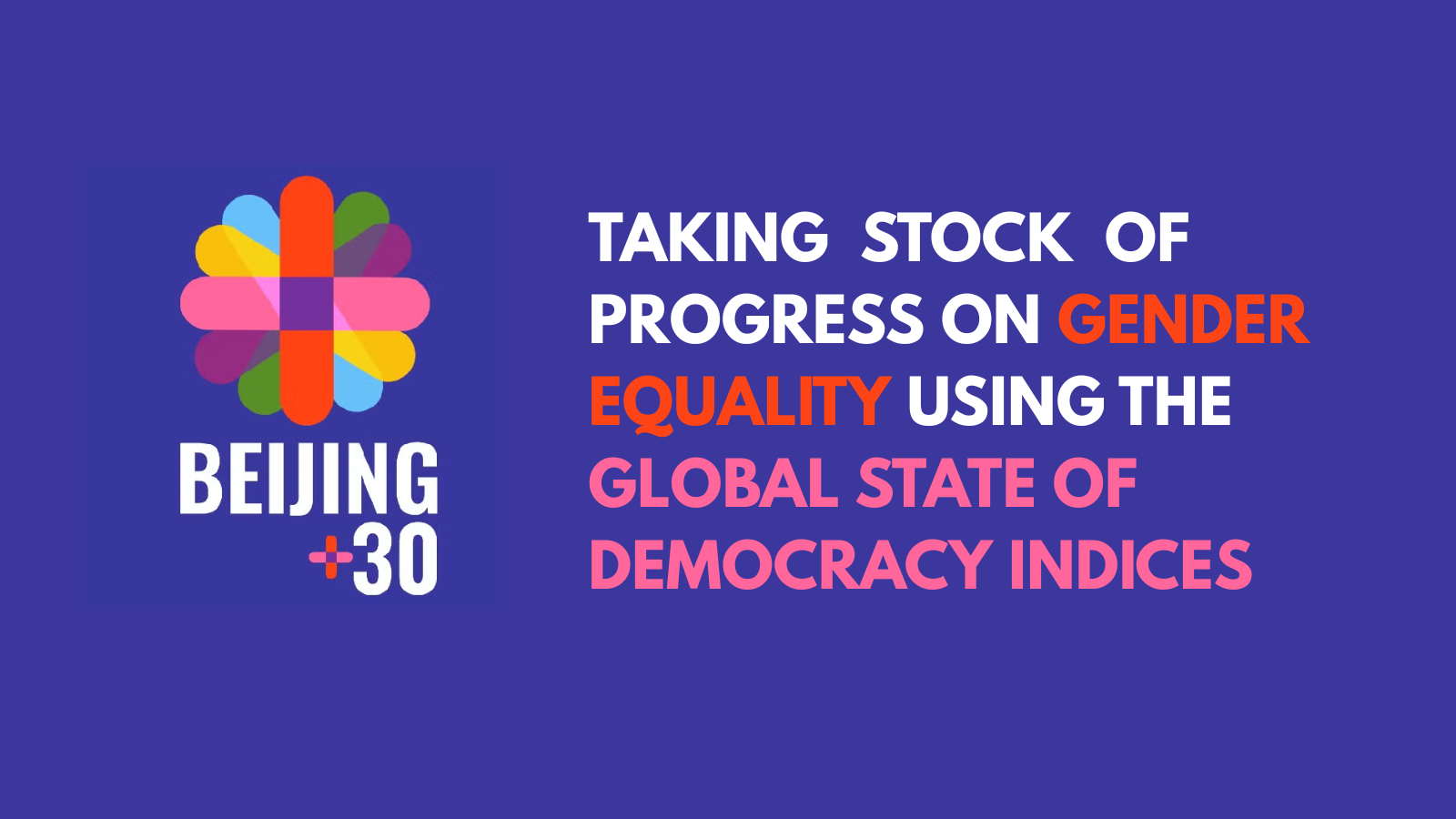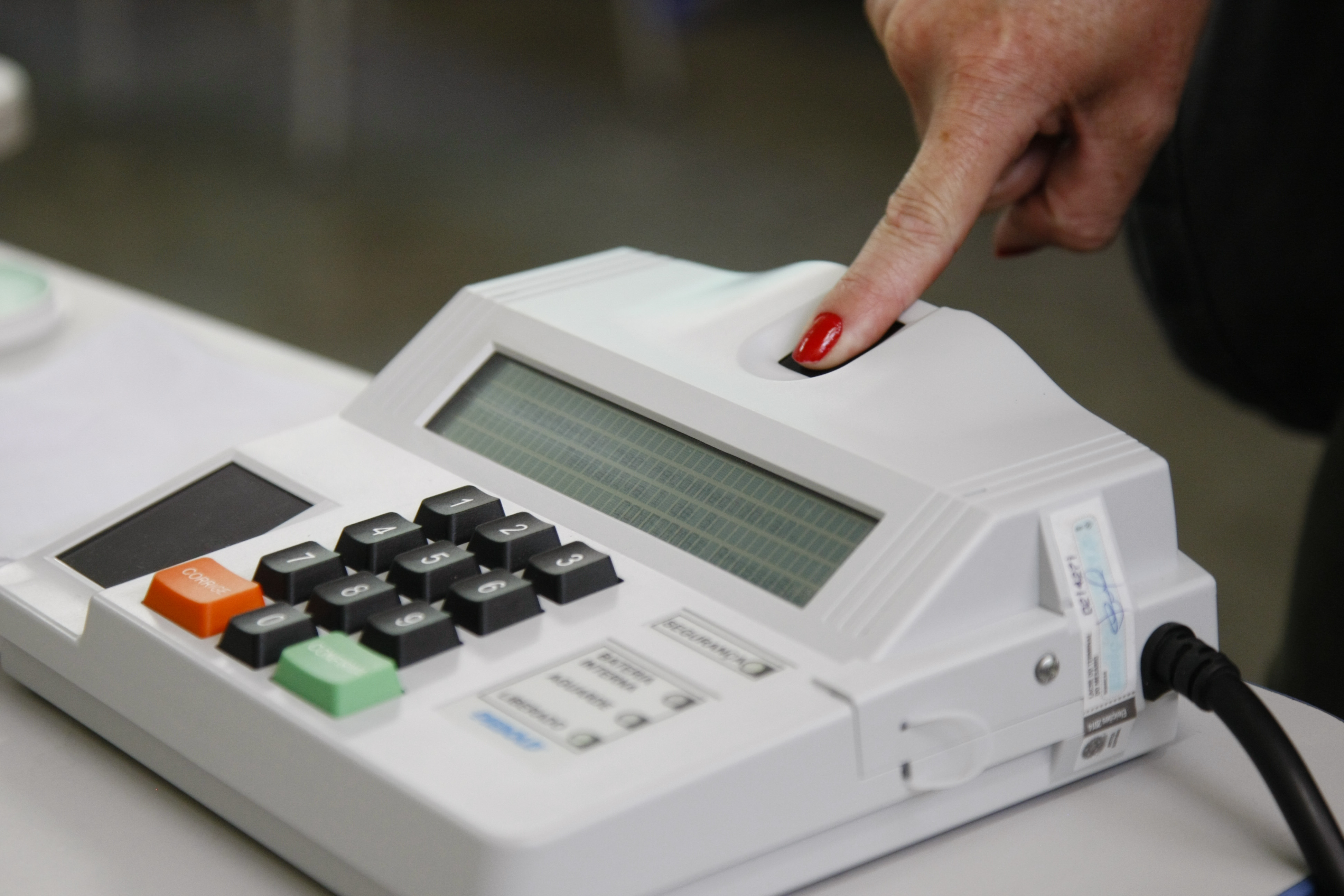
Brazil will go to the polls next Sunday, 7 october, to choose the next President of the country, together with the total renovation of the Chamber of Deputies, two thirds of the Federal Senate, State Deputies and Governors. See below the infographics to understand the Brazilian electoral process.
Este artículo se encuentra disponible en Castellano.
According to the latest survey (Datafolha from 5 October), the front-runners are Jair Bolsonaro (PSL) and Fernando Haddad (PT), however in order to win in the first round the candidate must surpass 50 per cent of valid votes (discounting the blank and null votes), which at this point is very unlikely, leaving the decision to the second round which will take place on 28 October.
Bolsonaro is the far-right candidate who albeit leading the voting race by 39 per cent, also has the highest rejection rate (45 per cent). Last September 29th, thousands of women rallied against him in a nationwide march organized via social media to express their strong disgust with the candidate who has publicly called women “too ugly to rape” and undeserving of the same salary as men. On 6 September, he was stabbed while campaigning on the streets of the city of Juiz de Fora (MG), expressing how deep is the polarization in this elections.
Haddad, the second candidate with the highest voter support (25 per cent) is the heir of the former president Luis Inácio Lula da Silva who had his candidacy barred by the electoral tribunal because of his corruption conviction. Haddad was Lula’s running mate and was appointed by the former president himself as a strategy to transfer his voter support to his protégée. The strategy worked and Haddad had an increase of 16 points from the survey released before the announcement of the transfer (10/09).




These are the most volatile elections in recent Brazilian history and is a result of the tumultuous events the country experienced in the last few years. Even though the recession ended in 2016, Brazil still struggles to grow. The inflation rate increased from 3.8 per cent to 4.2 per cent in 2018, 13 million of Brazilians are unemployed, murder rate is 30.8 per 100,000 people, and coupled with this the country faced the impeachment of its first female President, besides series of protests and corruption scandals. Furthermore, according to Latinobarometro, the satisfaction Brazilians have with democracy is the lowest of the whole region (13 per cent)—as a means of comparison, the average rate for Latin America is 30 per cent.
As a result, the country experiences the most intense, polarized and unpredictable elections of its history. In order to understand the entrenched polarization faced by the Brazilian society it is also important to keep in mind that over the past few years civil society began to nourish a deep hate towards PT, considered by many the “den of the corruption”. In fact, many of the intention of votes Bolsonaro have are an anti-PT’ agenda instead of a validation of his programme of government or of his discriminatory behaviour. For instance, the rejection Bolsonaro have is indeed the highest, but Haddad goes right behind him. According to the same survey Datafolha from 5 October, Haddad has 40 per cent of rejection, while Bolsonaro has 45 per cent.
Needless to say that governability of the elected President will be complex. With so much rejection from the citizenship, not only the electoral result will largely depend on the front-runners’ ability to make coalitions with centrist parties, but also his governability. The Brazilian Congress is composed by more than 20 political parties and the inability to make a strong coalition can result in the inability to implement the winner’s government programme, for instance the impeachment of Dilma Rousseff was largely due to her inability to forge a coalition between her government and the political parties.
In this sense, the support of the other Presidential candidates is of utmost importance for the second round. Ciro Gomes (PDT), Marina Silva (REDE) and Geraldo Alckmin (PSDB) are the subsequent main candidates. Gomes until before the PT’s strategy to transfer Lula’s votes was the main candidate of the left, now he has 13 per cent of voter support, however, according to the surveys, he is the one holding better changes against Bolsonaro in a runoff elections.
Regarding these elections, only one thing is certain: the situation is extremely heated and unpredictable, and quoting the Brazilian political analyst, Renato Meirelles: "the analyst who says she/he knows what will happen is misinformed".
The infographics used for this article were originally published in the CLARIN newspaper.
